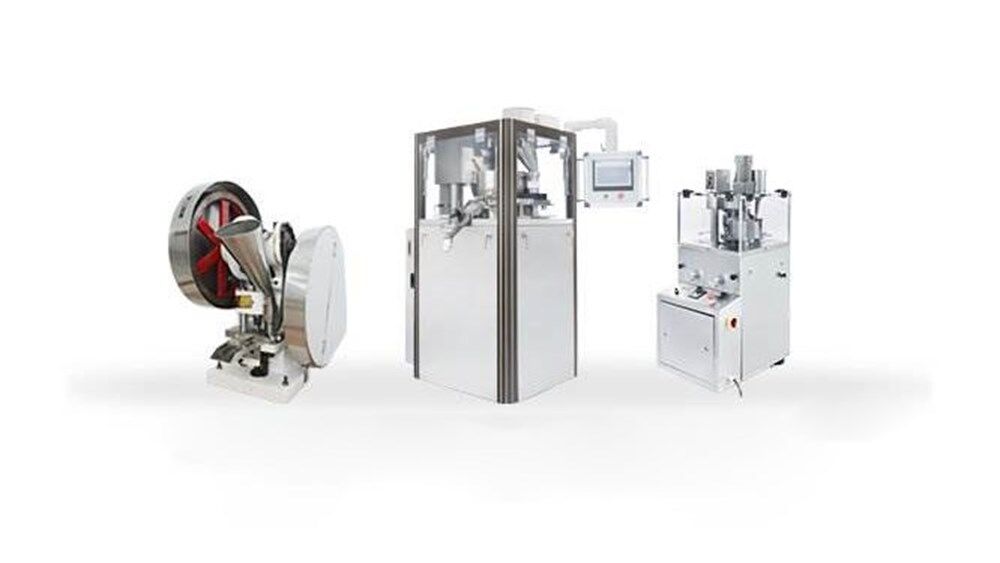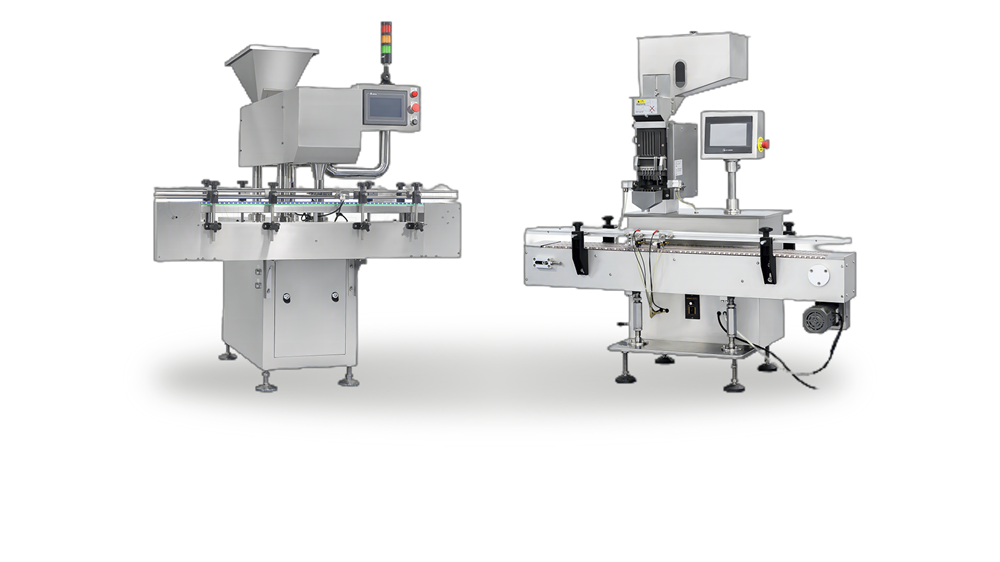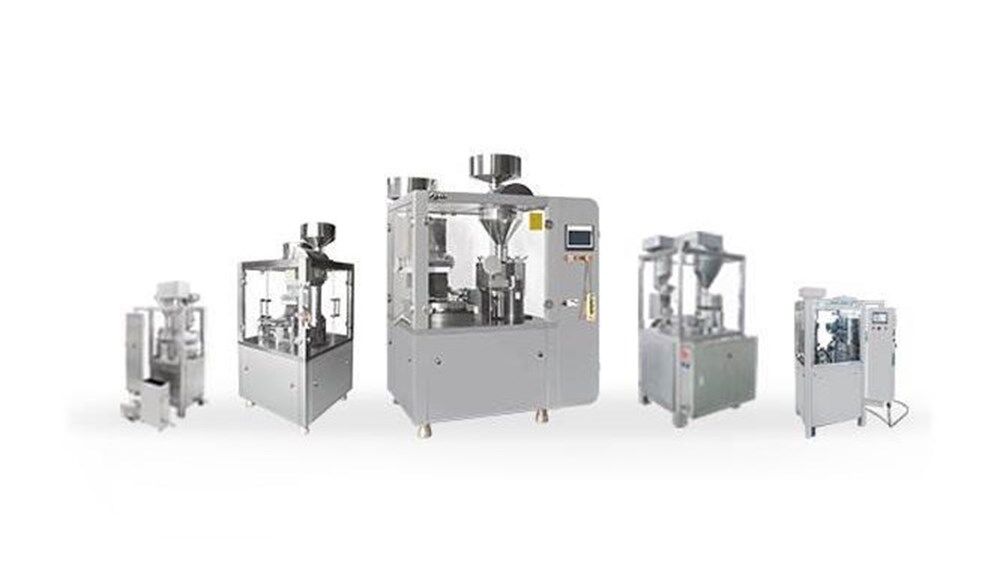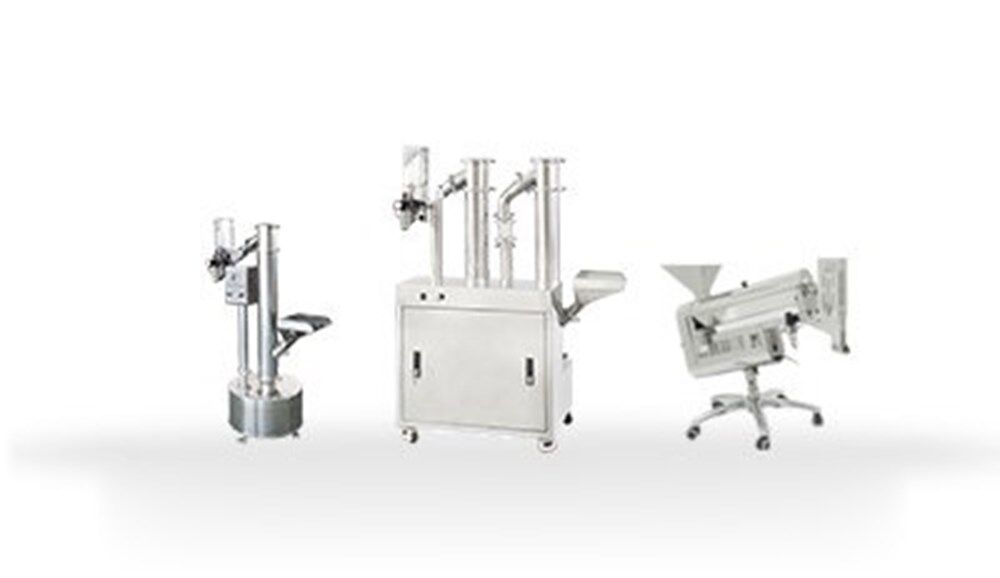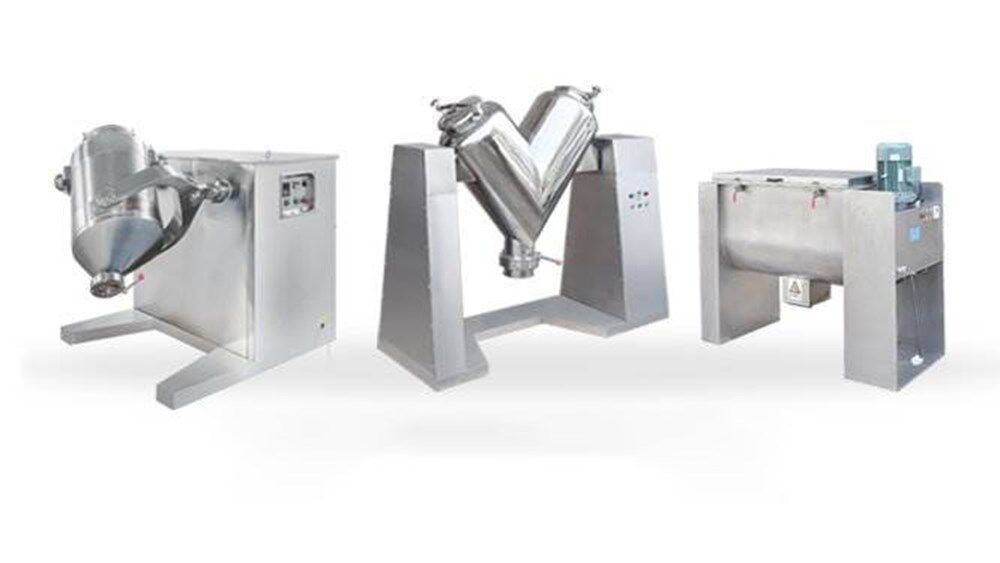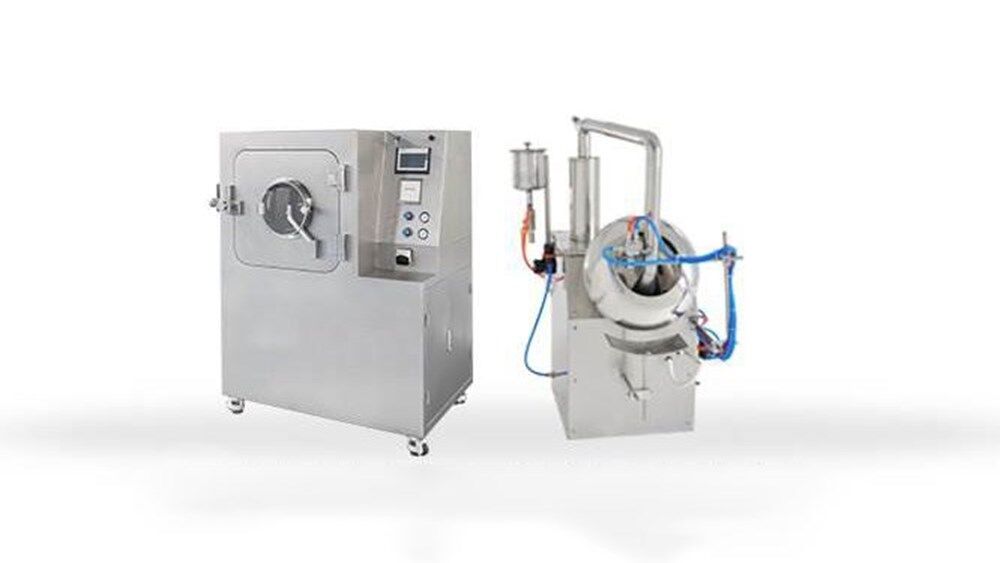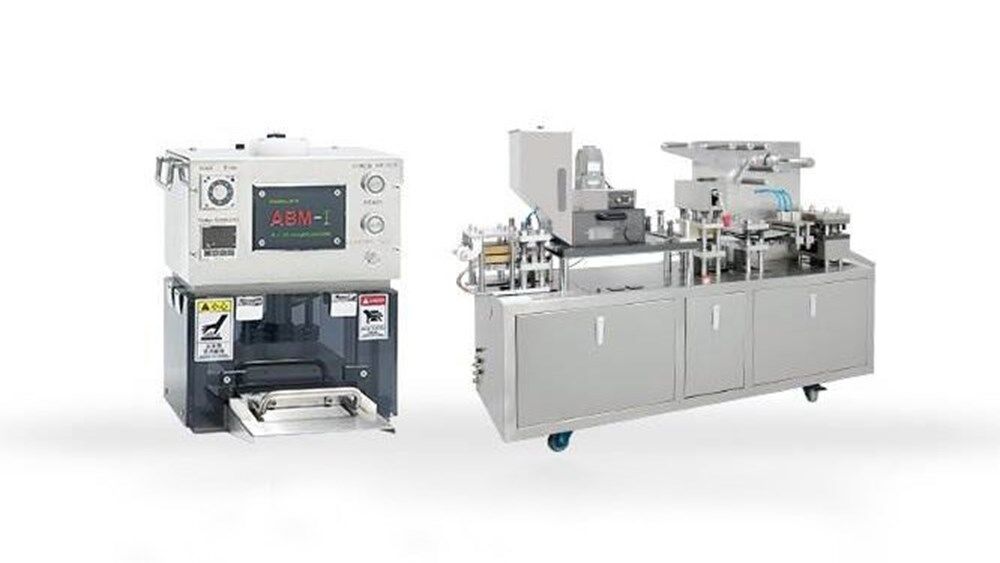Does stainless steel really not rust and why?
Under normal circumstances, stainless steel will not rust. However, if the stainless steel is not used or maintained properly, or the environment in which it is located is too harsh, stainless steel may be rusted. When we see the yellow or orange rust on the steel surface, we can quickly confirm that it is a sign of rust.
Why does stainless steel rust? Let us first talk about the stainless principle of stainless steel:
In addition to the iron element, the stainless steel also contains a metal component such as chromium, nickel, titanium or the like. Chrome and nickel have anti-rust properties. In the alloying process, the type of oxide on the surface is changed to a surface oxide similar to that formed on pure chromium metal. These substances adhere to the surface to form a protective film-passive film that isolates the outside world and prevents stainless steel from rusting. If the surface is damaged, the bare steel will react with the atmosphere to regenerate the passive film and continue to protect.

However, in some cases, stainless steel will still be corroded:
- Stainless steel does not meet the standard. Some manufacturers have reduced the content of chromium and nickel in stainless steel in order to save cost, or the processing does not meet the standard, which makes the stainless steel easy to be corroded.
- The presence of chloride ions in the air accelerates the corrosion of stainless steel, which is even not as good as mild steel in special cases.
- The alloying elements are not dissolved in the matrix, resulting in low matrix alloy content and poor corrosion resistance.
Leave your comment
Also Offers
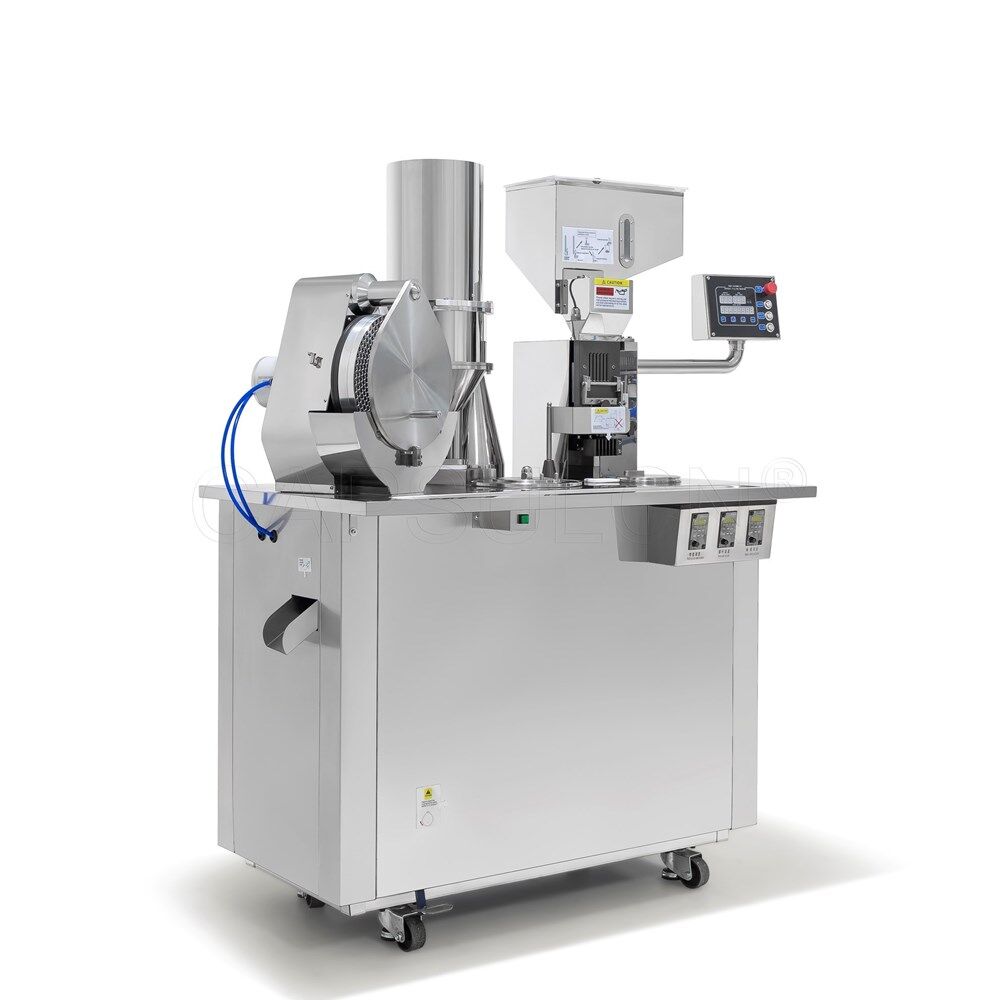
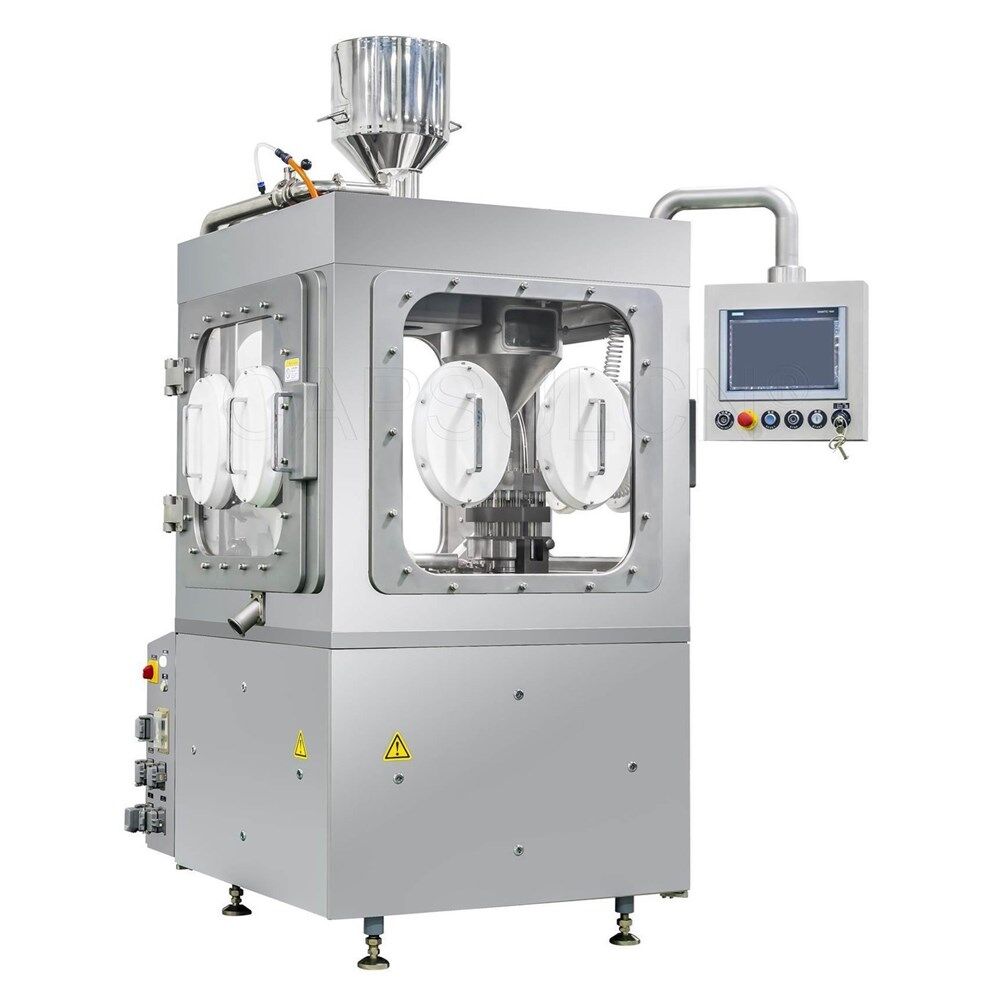
Containment Automatic Capsule Filling Machine SFK-703
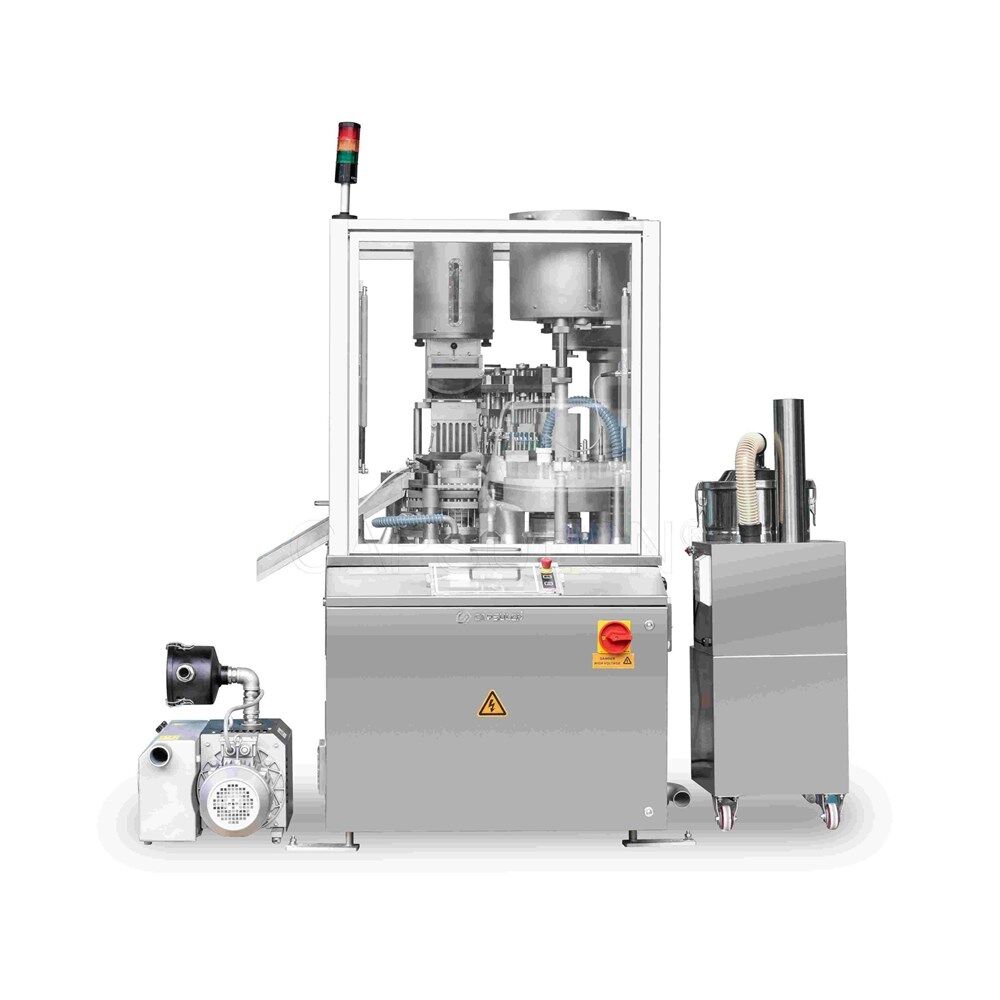
Fully Automatic Dosator Capsule Filling Machine CZ-40

Our Team
As an expert in the pharmaceutical and pharmaceutical packaging industry, iPharMachine has provided solutions for hundreds of pharmaceutical and health product manufacturers for 17 years. By visiting customers, we get good reviews from our customers.
- info@ipharmachine.com
- English Español Deutsche
